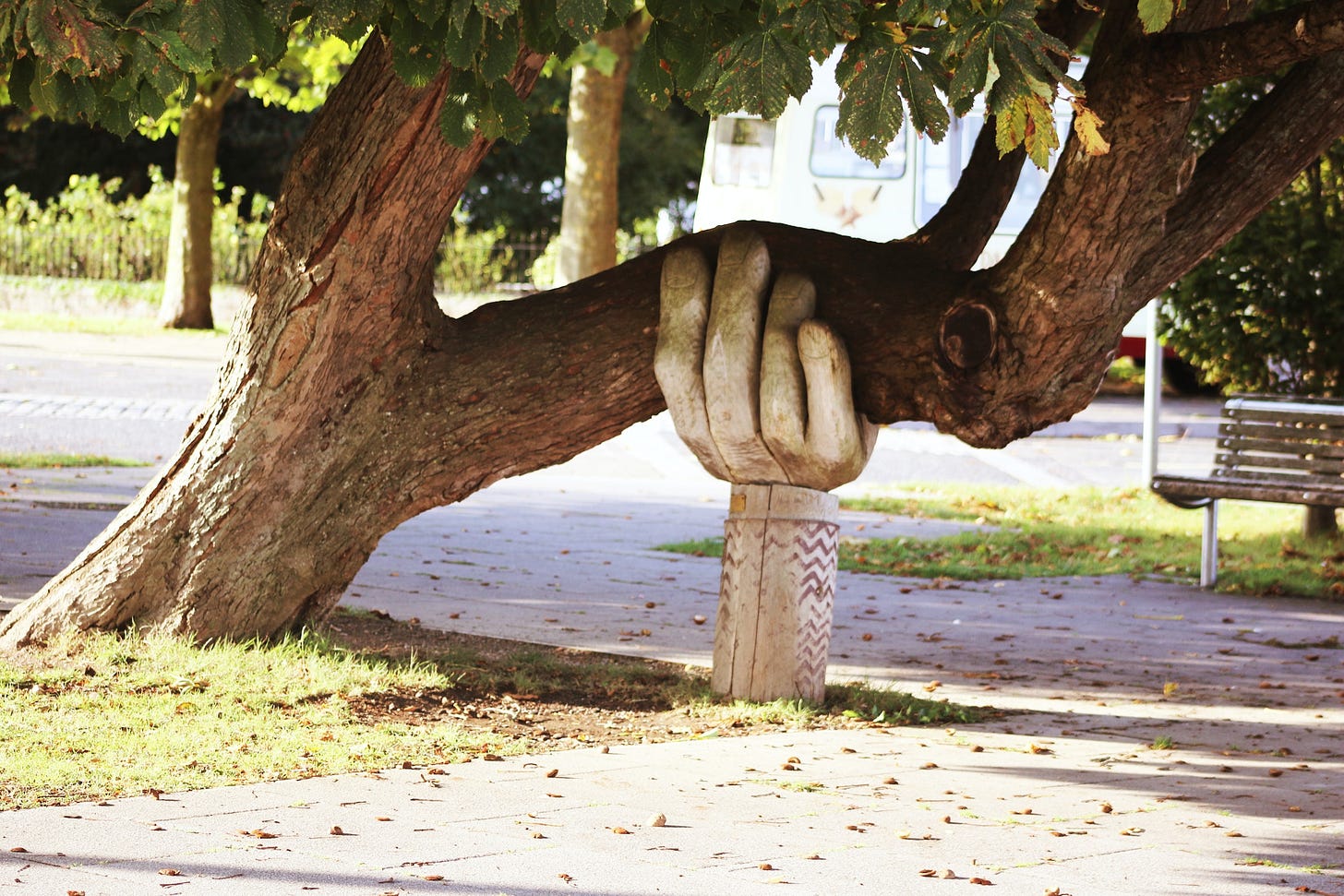From Rejection to Reflection: My Grad School ADHD Experience
Don’t let the fear of rejection cause you to make irrational decisions.
When I showed up for my appointment at the university health clinic, I was nervous. I’d been putting this off a while.
Still, I had to admit: I needed help. I was struggling to keep up. In grad school I had to read at least two dense academic books a week, turning in semi-coherent essays on each one, in addition to attending a bunch of seminars and long lectures.
I was also building a new business full-time and volunteering at least ten hours a week. All of that was fairly normal—I liked to stay busy—but the problem was with my focus and attention span.
I knew I had ADHD. I’d been diagnosed multiple times as a kid, and for years I’d had treatment for it. Yet I’d stubbornly resisted treatment as an adult… until now. I was ready to try ADHD medication for the first time since I was twelve or thirteen.
I figured I’d explain my history to the doctor, she’d ask me a few questions, and then give me a prescription. It might be a low-dosage trial, to see how it suited me. Or maybe instead of medication she’d suggest something else—I didn’t know what that would be, but I was open.
Side Note, I Make Irrational Decisions When Experiencing Rejection
Before we continue, an important explanation: I’m the kind of person who makes irrational decisions when experiencing rejection.
Case in point: the other night I went to a bar I like. Normally at this bar, it’s fine to walk past the host station to sit at one of the high-top tables. (Other tables are reserved for host seating, but not the high-tops.)
This time, however, when I approached a high-top and sat down, I was admonished by a member of the staff. “You can’t sit there!” she exclaimed. “These tables are reserved.”
This really shouldn’t have been a big deal for me. While the employee wasn’t super nice about it, she also wasn’t terribly rude.
Apparently, since my last visit, some new rule had been passed that dictated the high-top tables were now under host command. It happens.
But I took this rejection way too personally. Instead of moving to the bar area where I was directed, I collected my belongings and walked out. I’d been excited about eating there, but now I knew I wouldn’t be back for at least three months.
Irrational decision? Probably. Will I behave this way again? Yep, pretty sure I will.
So back to the health clinic visit.
I mentioned what I hoped would happen at this visit: a nice chat with a helpful physician, and a clear next step. Here’s what actually happened: the doctor didn’t believe me! She thought I was lying about my ADHD history. (To be fair, I don’t think she used the word lying. But the skepticism was clear.)
I left with no prescription, no referral for further testing, and nothing besides discouragement. In fact, I was now worse off than I was before the appointment—because now I felt embarrassed.
Feeling embarrassed might be even worse than feeling rejected—and the two often go hand-in-hand.
After that disappointing visit, I gave up on the idea of getting help for my problem. Instead of doing anything else–you know, like seeing another provider, or pushing back more—I did nothing at all about ADHD for the next five years.
Only then, when I was writing my third book, did things get bad enough that I once again worked up my courage to talk to someone. This time, I wasn’t deterred. I asked around. I followed-up. (These are, of course, executive function skills that I had improved by that point. If I hadn’t improved them, I might still be stuck.)
Once I did, and once I started taking medication while also learning more about cognitive strategies for managing ADHD, I improved. A lot.
But five whole years had gone by in the interim! Which is even worse than three months of avoiding one of my favorite bars.

My Suggestion to You if You’ve Read This Far
Do not let the fear of rejection, or even rejection itself, hold you back.1 If you need help (for anything, not just ADHD), get help. Ask around. Talk to more people.
There’s a wonderful phrase in the travel world that applies to getting help from airlines and hotels: “Hang up, call again.”
In other words, if you don’t get the answer you want, don’t protest (at least not too much). Simply hang up and call again. You might get a different answer!
It’s good advice in life, too.
Being rejected or feeling embarrassed is not the end of the world. (Also, yes, I shouldn’t have felt embarrassed. But no one wants to feel embarrassed, and yet sometimes we still do. I don’t regret the feeling; I regret the lack of follow-through because of the shame.)
This is one part of my mental health journey. I’m sharing it because more people need to understand that it’s okay to be different, and that things can be better as we work on them.
More to come as we go.
Conversation Starters
Was there a time where you felt misunderstood?
Do you ever make irrational decisions upon being rejected?
Your experience with ADHD or another condition.
The name of your pet and why you chose it.
P.S. Here’s a Reel I made last month telling a shortened version of the story.
P.P.S. You might relate to someone else’s symptoms, but it’s important to not self-diagnose. See a real doctor, even if not all of them are nice. Hang up, call again.
Rejection sensitive dysphoria is a symptom of ADHD. People with ADHD tend to experience heightened, intense feelings in response to criticism and rejection.





I recently experienced rejection embarrassment at my gym. One woman got mad at me for doing the 'share the lane' in the pool I managed to get through that but the same day the water aerobics instructor admonished me for not bringing water. After the class I got really irrationally angry. I don't like being told what to do especially in front of a large group.
I'm struggling to go to the gym regularly and I haven't been back for over a month now.
I do SO identify with your story about ADHD. Reminds me of all the other things I've given up and left behind in my life. Don't know if I can change now as I am well into my 60's. Gonna consider it though.
After chatting with my therapist about ADHD symptoms, I (44F) finally spoke with my primary care provider about it. She suggested trying medication instead of providing a referral for an official psychiatrist diagnosis, which could take a year to get through the process. OH MY WORD!
I had no idea what I'd been missing out on my whole life. I never understood how people could just say they want to do something and then actually do it. I didn't go in seeking medication, but it's been a few months now and I wouldn't want to live the old way again!